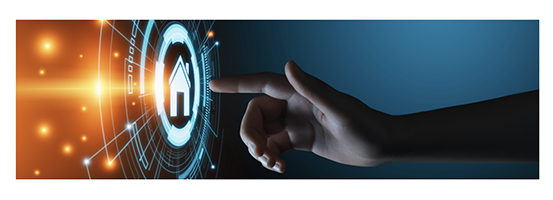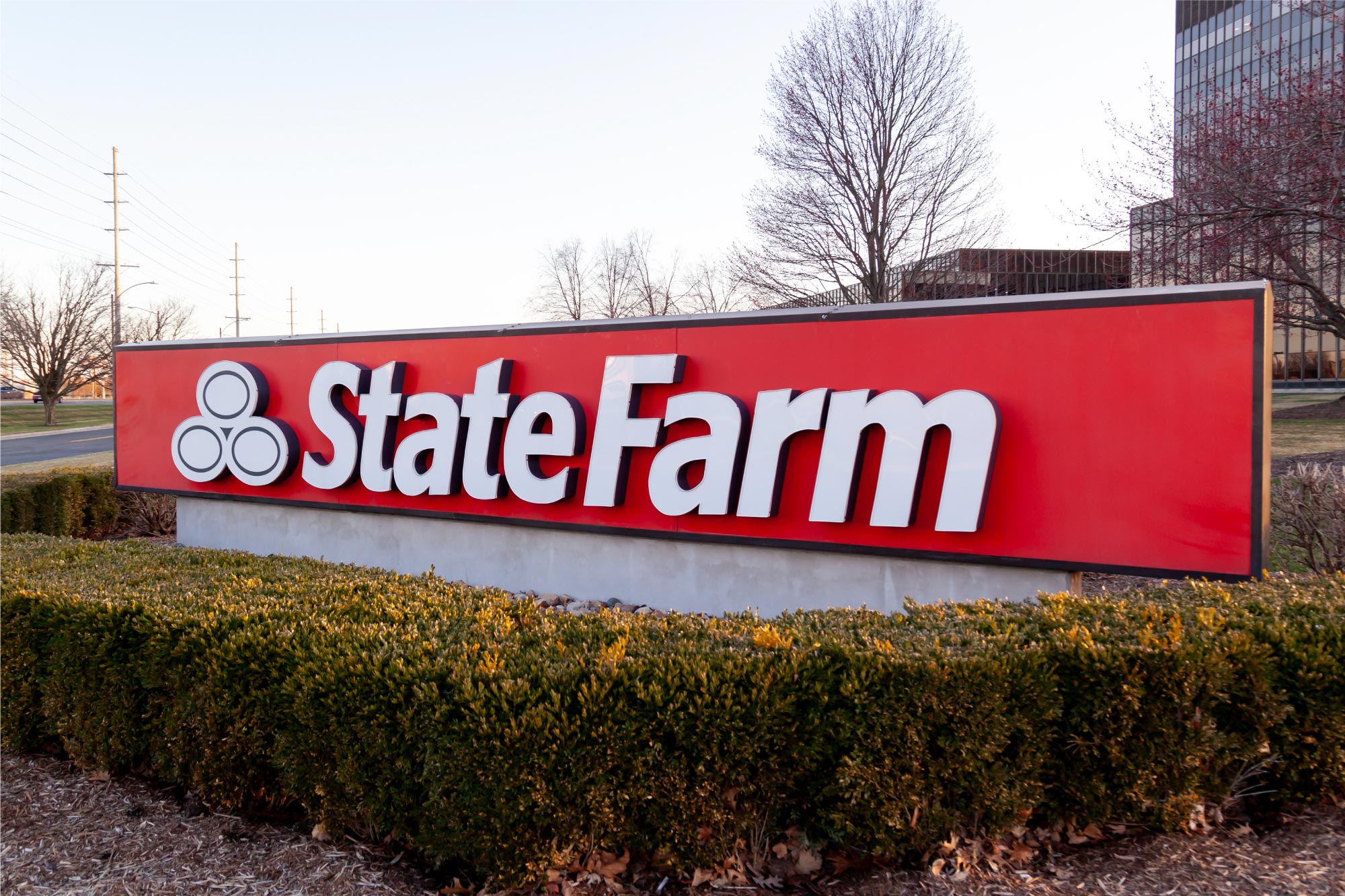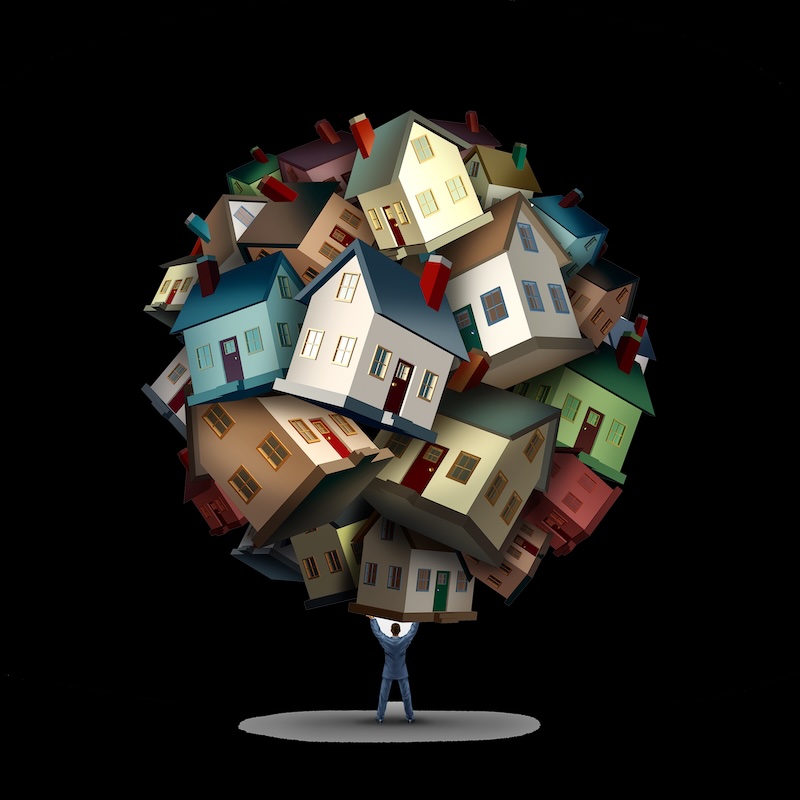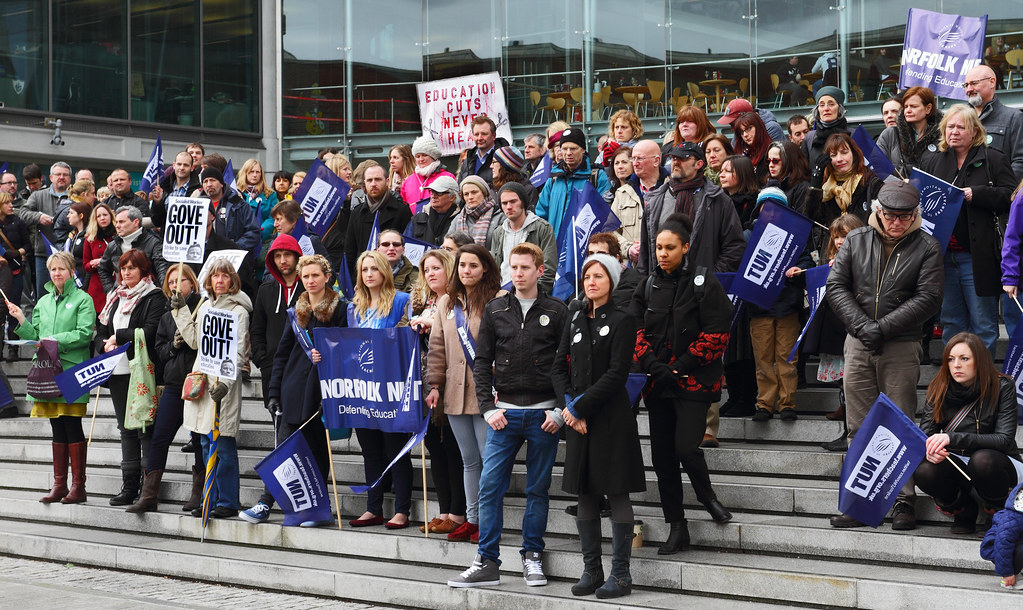The Next Frontier in Property Technology (PropTech) is the Workforce Housing Sector

Article Contributed by Arize
Smart technology is the blueprint for the future of multifamily communities. You can visit luxury high-rises and see all the latest products that make life easier, but that technology is now finding its way into Class B and Class C properties too. As devices and software become more common place, more owners, operators, and residents are seeking out the latest property technology and its benefits as they look for more energy-saving solutions and security monitoring systems.
Technology companies are finding new revenue beyond just their most affluent customers, and investors and venture capital firms want to get involved. In 2021, venture-backed companies in the real estate and property technology sectors raised $21 billion from investors, according to Crunchbase data.
The need to house America’s workforce isn’t going away any time soon, and with the single-family housing market not exactly favoring the buyer due to the interest rate hike and soaring housing prices, rental units in multifamily properties are already seeing increased demand making the technology needed to manage these properties ripe for broader use across the industry.
Home has also become the new office for many professionals, so there has been less demand for commercial space. While many companies have re-evaluated their need for offices with a growing work-from-home employee pool, owners of Class B buildings are considering converting office space into multifamily housing due to the availability of these commercial spaces and the current demand for housing.
Closing the Divide Between Value-Add Options for Class B and Class C Properties
Property technology, or “PropTech,” is doing more than just making things more convenient. Many luxury, high rise buildings, apartment complexes, and now low-income housing units employ similar technology as a property management tool. These smart solutions allow owners to find cost-effective solutions to expensive problems such as energy consumption and costs, security monitoring, and utility costs. This also empowers Class B properties by giving renters what they are looking for, but at a better price. Being an early adopter is key to thriving in today’s Class B real estate market while staying competitive with Class A communities.
There are numerous examples of how value-added amenities have moved across the class divide. Take the washing machine, for example. Several decades ago, most residents didn’t have washing machines in their apartments. As time went by, property owners leveraged washing machines, which were increasing in popularity, as an offered amenity to attract new residents. Smart technology is following this same trend. Property owners are realizing the importance that PropTech holds. The market has shifted from implementing smart technology solely to improve the resident experience to now being the cost of doing business to attract residents. It is now a need that builders and developers are factoring into their construction plans as smart property tech – once a luxury amenity – becomes a necessity to stay competitive in the market.
What Does the Landscape Look Like Now?
Driven by renters’ stoked demand for in-unit smart tech, and the enticing value of increased rent, multifamily communities are leaning into technology now more than ever before. Smart tech has made inroads in solving one-off problems that multifamily communities face. This includes granting residents’ access to their units without having to manage hundreds of keys or controlling in-home temperature remotely with smart thermostats. These devices have made the lives of property managers easier.
The evolution of smart technology and its ecosystem platforms has arrived. Owners and operators, now have end-to-end smart tech ecosystems that are fully integrated with their property management platforms. Offering them turnkey solutions that streamline, automate and provide new streams of revenue. Property owners are leveraging smart technology solutions for risk mitigation and asset protection. By using water leak detectors that alert managers the moment moisture is detected instead of hours later, managers minimize and even prevent costly property damage.
Additionally, motion sensors and alarms help beef up property-wide security. Alarms are effective in deterring break-in attempts and protecting residents and assets. These alarm sensors can also be placed in common areas, offices, hallways, and apartments. Lastly, smart locks allow residents and owners to lock and unlock apartments using an app on their phone or through their web management platform. Smart locks also boast an auto-lock feature that ensures apartments remain safe and secure, even when an employee forgets to lock them up. Smart apartment technology provides simple, smart and innovative solutions to common multifamily problems, and it seamlessly forms connections that enrich people’s lives.
What are the Benefits of Smart Tech?
Smart Tech drives net operating income (NOI). Smart tech is a security measure and a loss prevention investment. However, it’s also an amenity that owners can offer to attract new residents (and retain the ones they already have). In fact, offering smart tech as an amenity can justify a rent increase of $40 to $50 per month per unit.
Increased Class and Commercial Conversion. Amenities are one of the main considerations when it comes to a building’s class ranking. Smart tech alone won’t transform a building from Class B to Class A, but combined with other improvements, it can get the ball rolling.
Return on Investment (ROI). PropTech brings relief to property managers when they realize they can implement it in a multifamily unit without having to knock down walls or rip out drywall. Compared to the cost of adding other amenities, smart tech is a bargain. Class B properties offer residential living at a more affordable price point. Adopting smart tech early can position Class B property owners to compete with Class A properties.
Appealing to the Green Wave of Renters
In 2021, Gen-Z was the only generation who submitted more leasing applications than the previous year, especially when it came to multifamily properties. These renters are looking for apartments that include smart technology that won’t have a negative effect on the environment. Smart thermostats are more eco-friendly. Lower energy consumption diminishes the demand for electricity produced by power plants, reducing carbon emissions that cause global warming. This, of course, appeals to environmentally-conscious renters.
Don’t Wait! Join the Smart Tech Revolution
Smart technology adds an immense amount of value to property owners and the communities they manage. It offers solutions at a lower price point than what other amenities or services typically cost, and it is easy to implement, prevents damage, and generates consistent revenue. Right now, smart tech upgrades offer residents an experience that meets and exceeds their expectations. Smart tech ecosystems, such as Arize, reliably enhance ROI, NOI, operational efficiencies, and resident retention and acquisition. These once “nice-to-have” upgrades are a necessity today, quickly becoming the cost of doing business and staying competitive in today’s multifamily market.
Arize is an all-inclusive platform that provides convenient, connected, and secure living for properties of all kinds. From traditional apartment upgrades to new upscale luxury apartment builds, we help your community thrive effortlessly with cutting-edge technology. For more information, go to www.arizehub.com.








